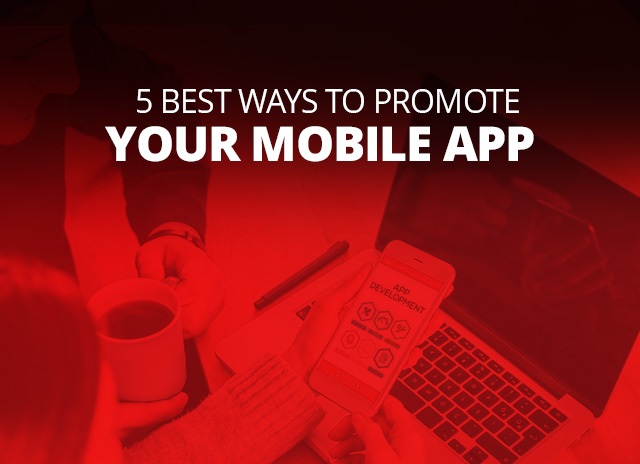Accelerating Retail- A Google Initiative
COVID 19 has changed everything around us from the way we live to the way we shop.
The use of technology by businesses and people has soared and is visible with the increase in internet usage by 60 percent. There has been a substantial shift in retail spending from planning to buying products we need. These changes have brought about a complete change in the retail setting. Businesses today are using a variety of resources to understand the changing customer behaviour like google trends, survey, analysis of their data as well as social listening to be able to make decisions in real-time. Google has stepped up and has offered tools like “Rising Retail Categories” since May 2020 which highlights fast-growing product-related categories along with the location.
To help European, Middle East, and Africa retailers make the most of the digital opportunities, Google is all set to launch its new initiative “Accelerating Retail” in September 2020.
What is Accelerating Retail?
Retail accounts for 9 percent of jobs in the European Union alone and it will play a vital role in the recovery. Accelerating Retail is a platform designed to help retailers of all sizes across Europe, the Middle East, and Africa accelerate business recovery and growth and to be ready for the upcoming peak shopping season. The month-long program will introduce new products, tools, free training, real-time insights, and resources to plan for the future.
Why do we need a platform like Accelerated Retail?
1. Retailers need to respond to the changing needs of the consumers-The world around us has seen a major change after COVID 19 was declared a pandemic. Online shopping has seen exponential growth which has brought about challenges in decision making for the businesses. The needs of the consumers have changed and their buying journey which started from research to exploring options both offline and online have now gone through a change due to the uncertainty in the availability of the products. Consumers have become more open to exploring other brands and options available. Having said that they now need help in finding the right product, at the right place, at the right time. This provides a perfect opportunity for the retail industry to respond to the consumer needs and changes in behaviour while building their brand online and in-store through the use of tools of Accelerated Retail.
2. Recovery and growth through digital- Online retail demand have soared and the focus of any business now needs to be on providing great customer experience and build brand recognition. With the launch of a new version of “Grow My Store” in many countries, Google wants to help local businesses to improve digital shopping, grow customer traffic, and enhance the online customer experience to complete transactions. It is as simple as entering the business URL into the tool to get a customized report, digital traffic trends, industry benchmarks, and actionable tips to improve. This will help retailers reach their potential customers. Upgrading of Smart Shopping campaigns is being done to help with the acquisition of new customers and simplify advertiser onboarding. The use of “Rising Retail Trends”, which was specific to the U.S., U.K., and Australia has been expanded to other regions on the world to providing insights to fast-growing retail categories with locations where more interest is seen.
With the growth in online spending, the success of the retail sector will depend on the online and offline offering, and the customer purchase experience. Research conducted by Google in collaboration with Euromonitor shows that in the next five years purchases will be made in-store but retailers who offer in-store and digital platforms will gain the maximum. Through the use of digital technologies, retailers can become more resilient and ensure growth. Accelerated Retail will help make that possible and prepare retailers for what lies ahead.












